2025 European EV Rankings in Q1: Another Steep Decline! Chinese Cars Absent from Top 10, Volkswagen Outpaces Tesla
![]() 04/15 2025
04/15 2025
![]() 421
421
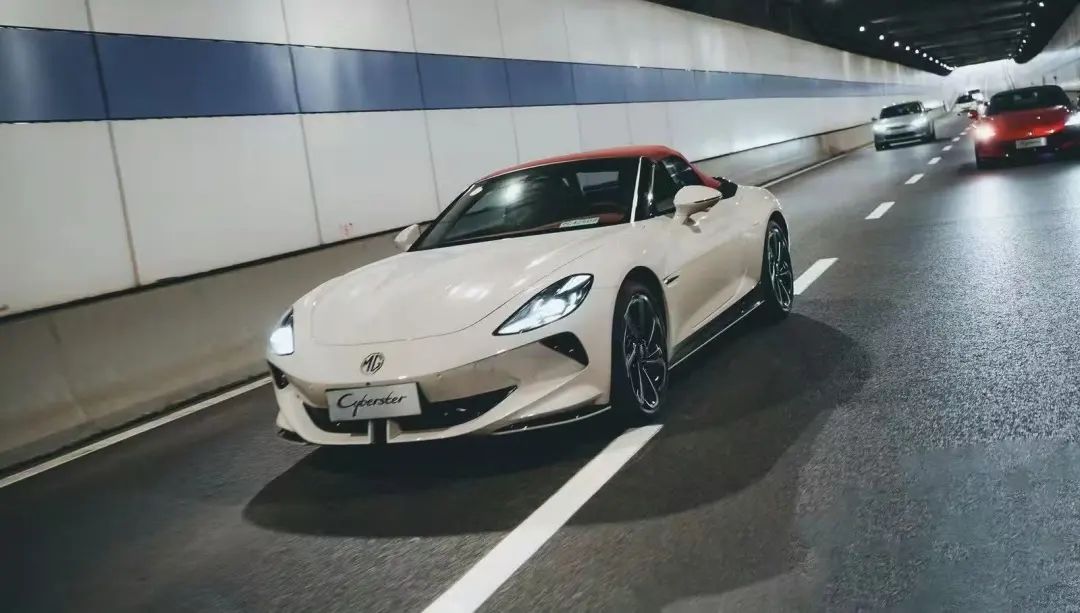
In the first quarter of 2025, Chinese-owned brands witnessed a continuous decline in new energy vehicle sales across the major 14 European automotive markets (including the UK, Norway, the Netherlands, Spain, Sweden, Denmark, Germany, Italy, Switzerland, Ireland, Finland, Austria, Portugal, and France). From January to March, these brands sold a total of 30,415 new energy vehicles in these countries. When including brands controlled by Chinese capital (such as Volvo, Lotus, and Polestar), the sales volume rises to 56,082, still representing a small market share.
In comparison, Volkswagen sold 57,990 electric vehicles in Europe during the same period, capturing a 13.5% market share, while Tesla sold 39,383 units, accounting for 9.2% of the market. The overall market share of Chinese-owned brands stood at 13% in the first quarter. Excluding Volvo, Lotus, and Polestar, this share drops to 7%. Despite this low level, due to the overall market decline in the first quarter, with total sales reaching only 429,397 units, the market share increased month-on-month.
In the first quarter of 2024, Chinese-owned brands held a 7.45% market share, rising to 16.2% when including Volvo, Lotus, and Polestar. By the fourth quarter of 2024, this share had fallen to 5.78%, increasing to 12% with the inclusion of the aforementioned brands. Apart from market size fluctuations influenced by tariff policies and subsidy changes across various countries, Chinese-owned brands have also undergone significant internal changes in the European market. Notably, MG, which previously enjoyed a strong position in Europe, saw a steep sales decline following an increase in tariffs to 48.1%.
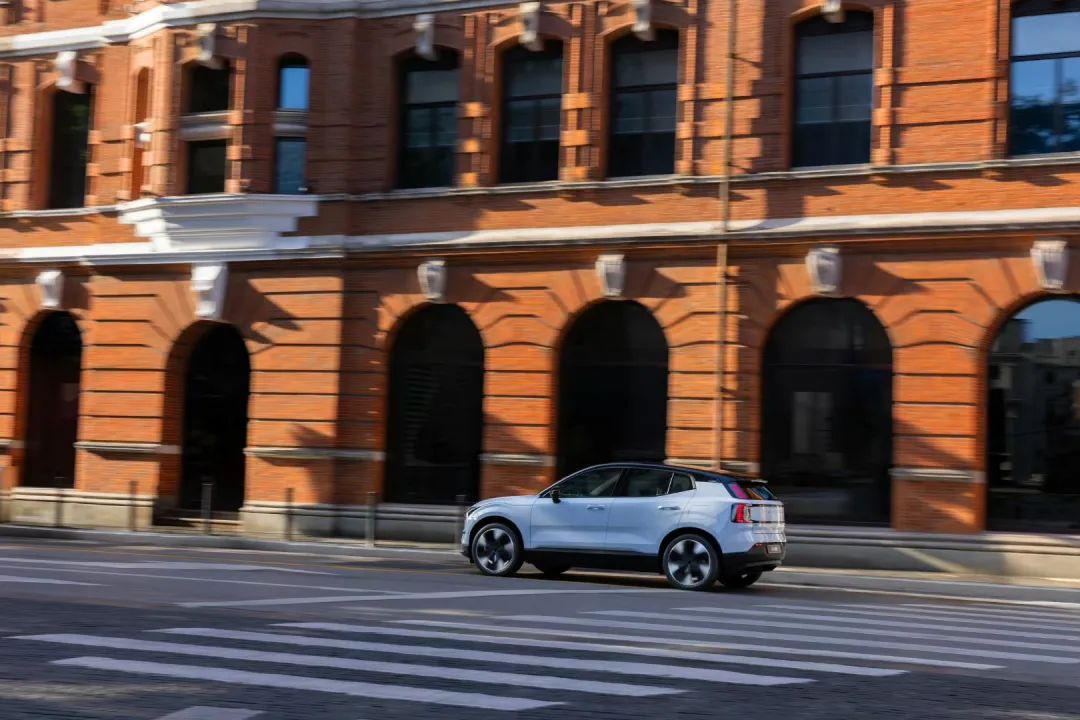
In the first quarter of 2025, MG sold 8,913 vehicles in Europe, failing to reach the 10,000-unit mark. In contrast, MG sold 22,658 vehicles in January 2024 and 10,614 vehicles in the fourth quarter of 2024. It is evident that post-tariff implementation, MG's European sales were only one-third of the previous year's levels, highlighting the significant impact. Meanwhile, companies with lower tariffs have capitalized on this situation.
For instance, BYD, with a tariff of 27.4%, enjoys a greater price advantage, presenting a favorable development opportunity in the European market. In the first quarter of 2024, BYD sold 7,530 vehicles in Europe, which increased to 11,467 in the fourth quarter and further to 13,500 in the first quarter of 2025. Xpeng also achieved rapid growth, selling 1,161 vehicles in the first quarter of 2024, which rose to 3,137 in the fourth quarter of 2024 and 2,495 in the first quarter of 2025, ranking first among new energy vehicle brands.
Overall, however, Chinese electric vehicle sales in Europe remain low. Positively, the tariff issue between China and Europe on electric vehicles has now reversed, expected to be based on the lowest selling price, which should aid the recovery of Chinese electric vehicles in Europe.
01 Chinese Brands: Absence from the Top 10
In the first quarter of 2025, BYD was the top-selling Chinese-owned brand in Europe, with 13,500 vehicles sold, almost doubling year-on-year. However, it failed to make the top 10 in the European market, ranking 12th. Last year, MG was the only Chinese brand to enter the top 10 for electric vehicle sales in Europe. Compared to the fourth quarter of 2024, BYD's ranking improved by four places month-on-month. MG ranked second among Chinese brands with 8,913 vehicles sold, placing 17th in Europe. Xpeng sold 2,495 vehicles in the first quarter, ranking 27th. Zero-Run sold 1,907 vehicles in Europe during the same period. Only four brands sold more than 1,000 vehicles in the first quarter.
After Xpeng, Chery's Omoda sold 880 vehicles in the first quarter; Zeekr sold 582; and Maxus sold 553. Dongfeng and NIO sold 497 and 224 vehicles respectively, ranking ninth and tenth. Except for FAW and Great Wall, the sales of other brands were below 100. Some of these brands, such as Hovo with 63 sales, Thalys with 60 sales, and Lynk & Co with 81 sales, are influential in the domestic market.
Interestingly, Skyworth even sold 10 vehicles overseas. Meanwhile, AITO, a Chinese new energy brand claiming to focus solely on the European market, has not sold any vehicles for two consecutive months, suggesting difficulties in making a comeback.
In terms of models, MG's MG4 was the best-selling Chinese-owned brand, with 5,063 vehicles sold in the first quarter, ranking 25th in the European market. The second-best seller was BYD's ATTO 3, with 2,731 vehicles sold, ranking 41st. The third-best seller was also from BYD, with the DOLPHIN selling 2,344 vehicles, ranking 48th. If Volvo is included, the situation improves, with Volvo's popular EX30 selling 8,054 units but unexpectedly falling out of the top 10, ranking 11th, likely due to export fluctuations.
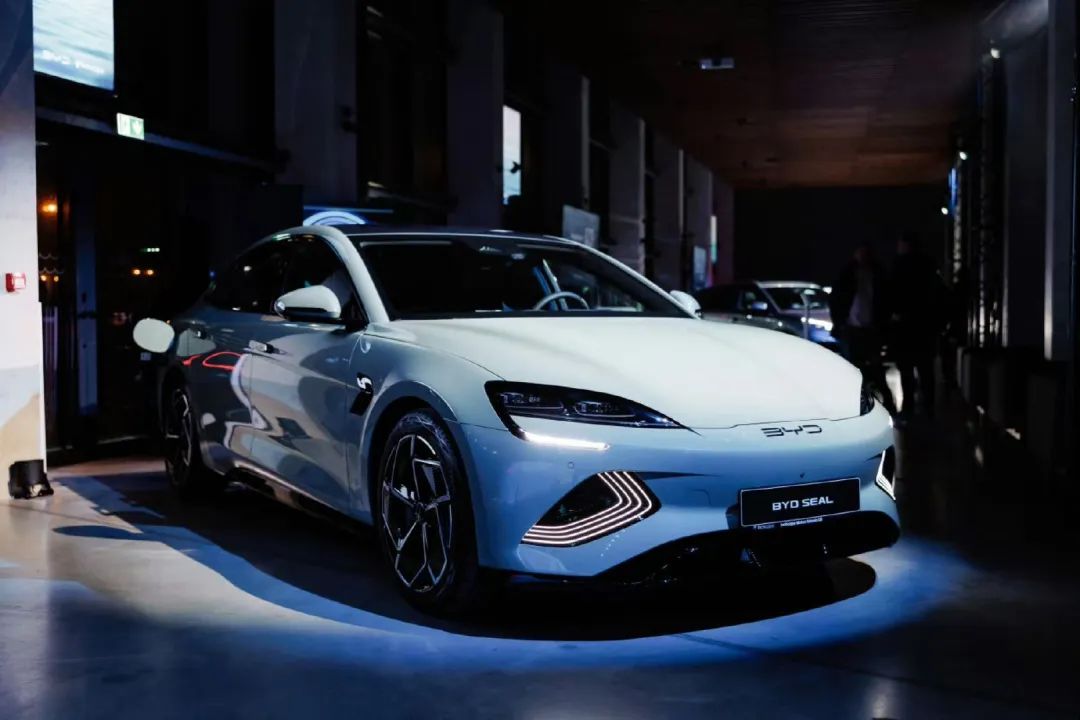
BYD boasts a considerable model range, with nearly 20 products, many of which sold over 1,000 units in the first quarter, including the ATTO 3, DOLPHIN, and SEAL EXCELLENCE. However, BYD's larger vehicles, such as the Han and Tang, recorded average sales. MG has nine models, with only one, the ZS, selling over 1,000 units.
Among the new energy vehicle brands, Xpeng offers multiple models, almost all of which are on sale. The G6 and G9 performed best, with the G6 selling 1,558 vehicles and the G9 selling 679. Zeekr's top-selling model is the Zeekr X, a small car sharing the same platform as the Volvo EX30 and enjoying certain advantages in Europe, but it sold only 393 vehicles in the first quarter. NIO has seven models on sale in Europe, with sales almost all below 100. NIO's best-selling model in Europe is the EL6, with sales of 74 vehicles. The lack of sufficient battery swap stations in Europe hinders NIO's ability to showcase its advantages.
02 European Brands: Volkswagen's Ascendancy, Tesla's Advantage Diminishes
The overall scale of the European electric vehicle market also declined in the first quarter of 2025. Across 14 countries, 429,397 electric vehicles were sold. For comparison, 460,015 electric vehicles were sold in the first quarter of 2024, and 511,774 in the fourth quarter of 2024, reflecting year-on-year and month-on-month declines. A notable change in the European electric vehicle market this quarter is the severe impact on Tesla's dominant position, with traditional automakers reclaiming market share through rapid advancements.
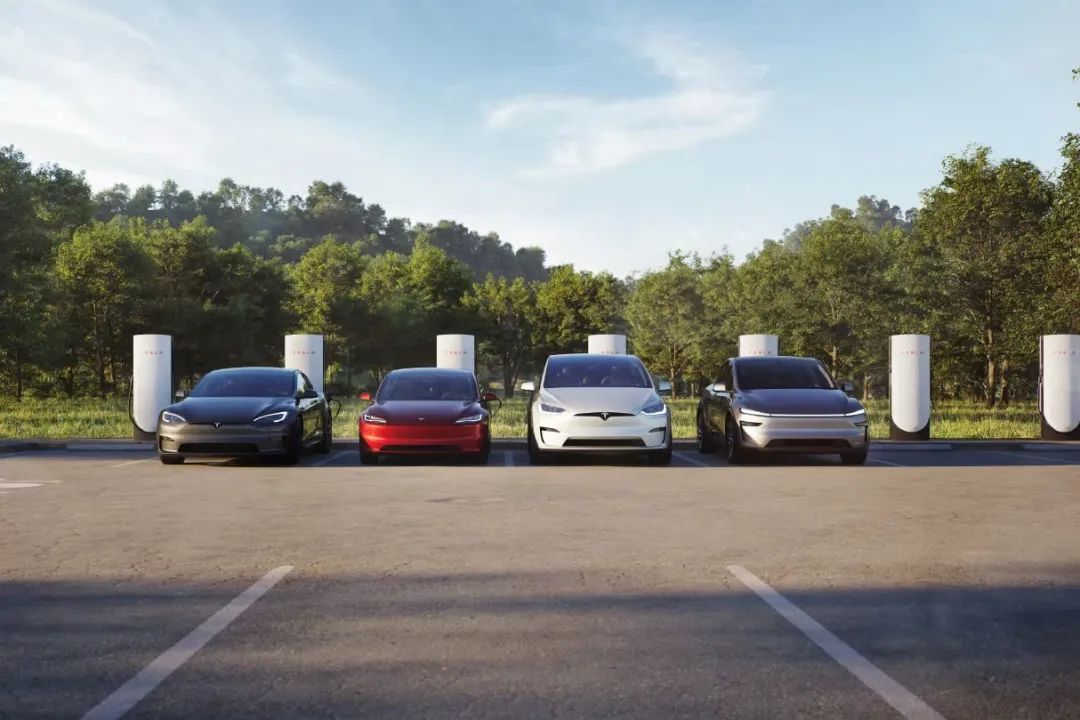
In the first quarter, Volkswagen, Tesla, and BMW led sales in Europe, with 57,995 (13.5% market share), 39,404 (9.2% market share), and 31,666 (7.4% market share) vehicles sold respectively. In the previous quarter (fourth quarter of 2024), Tesla, Volkswagen, and BMW were the top three, with sales of 74,450 (14.5% market share), 53,616 (10.5% market share), and 37,849 (7.4% market share) respectively. Volkswagen's sales growth has been remarkable.
From fourth to tenth place, sales were all below 30,000 units. Audi ranked fourth with 25,567 vehicles sold and a 6% market share. Kia ranked fifth with 23,350 vehicles sold and a 5.4% market share. Mercedes-Benz sold 21,668 vehicles, ranking sixth with a 5% market share. Skoda sold 20,434 vehicles, ranking seventh with a 4.8% market share. Hyundai sold 17,564 vehicles, ranking eighth with a 4% market share. Volvo sold 17,102 vehicles, ranking ninth with a 4% market share. Renault sold 14,738 vehicles, ranking tenth with a 3.4% market share.
In 2024, the top 10 electric vehicle sales in Europe were led by Tesla, followed by Volkswagen, BMW, Volvo, Mercedes-Benz, Audi, Skoda, Peugeot, MG, and Kia.
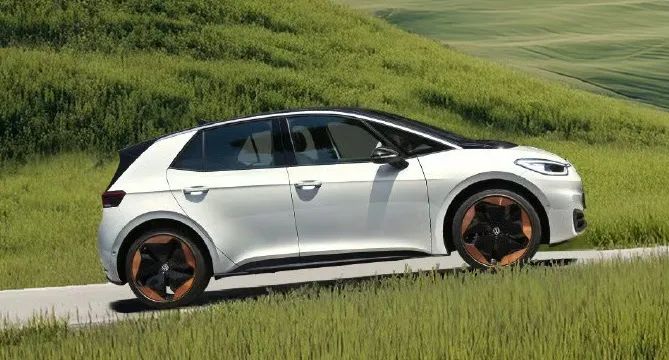
In terms of best-selling models, Tesla's MODEL Y remained atop, with 20,274 vehicles sold in the first quarter. Tesla's MODEL 3 ranked third with 15,769 vehicles sold. Volkswagen had three models in the top 10: ID.7, ID.3, and ID.4, with sales of 16,217, 13,088, and 9,841 respectively, ranking second, sixth, and eighth. Volkswagen's multiple models on the list underscore the adage, "the more children, the better the fight."
Skoda's ENYAQ ranked fourth with 15,026 vehicles sold in the quarter, an impressive feat. Kia's EV3 sold 13,894 vehicles, ranking fifth. Audi's Q4 E-TRON sold 11,287 vehicles, ranking seventh and becoming the best-selling electric vehicle among BBA brands, a surprising outcome. BMW's iX1 also sold 8,415 vehicles in the quarter. Toyota's BZ4X sold 8,142 vehicles in Europe during the same period, making it into the top 10. Nicknamed the "verification code" due to its complicated name in the Chinese market, the BZ4X performed well in Europe.






